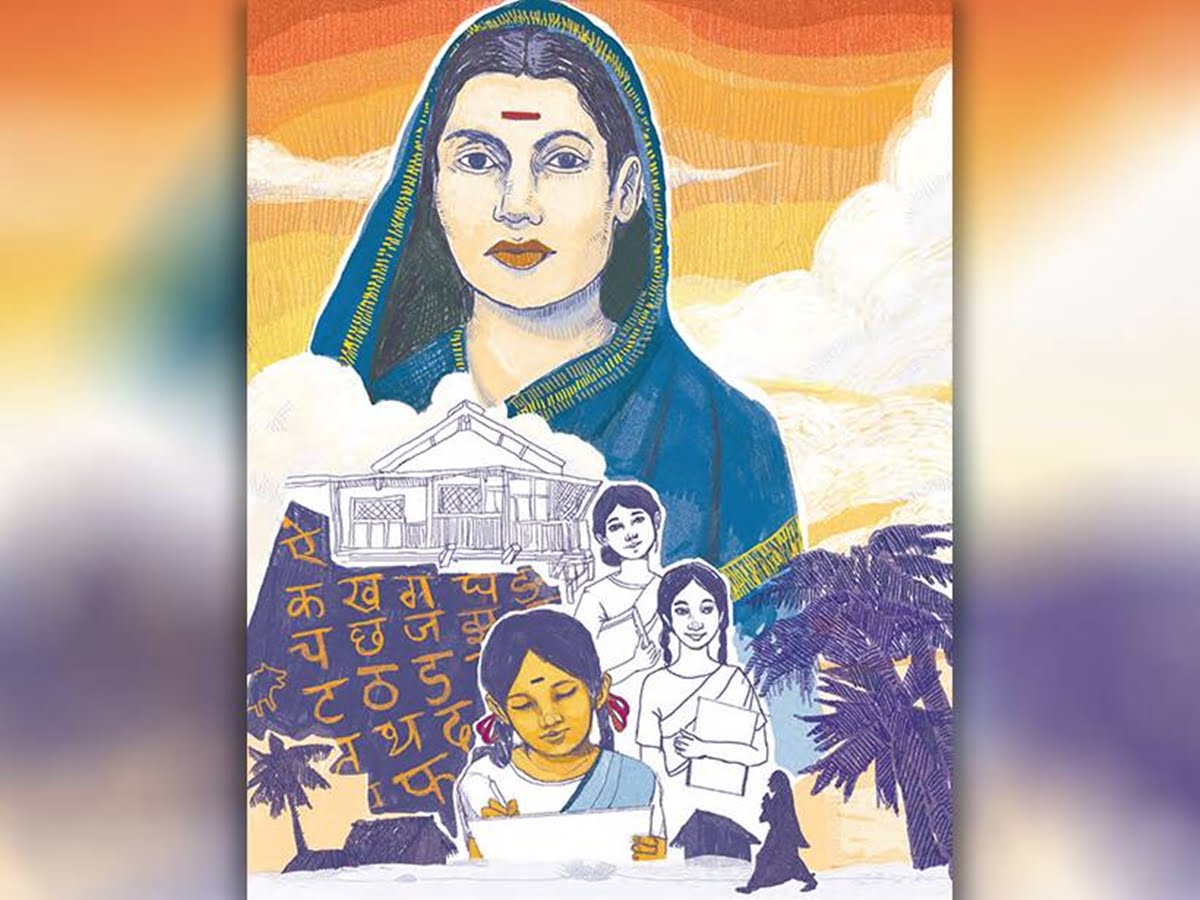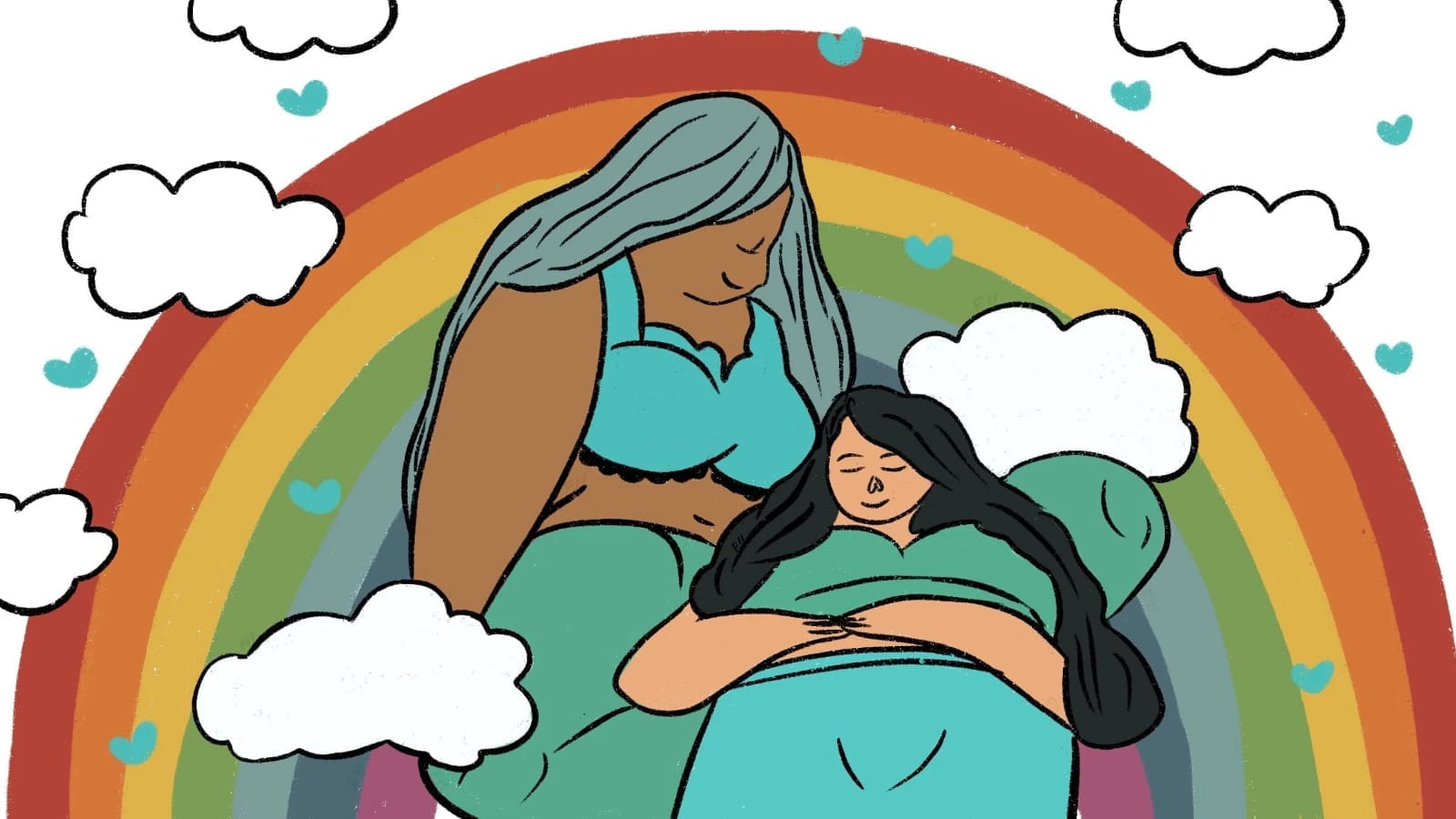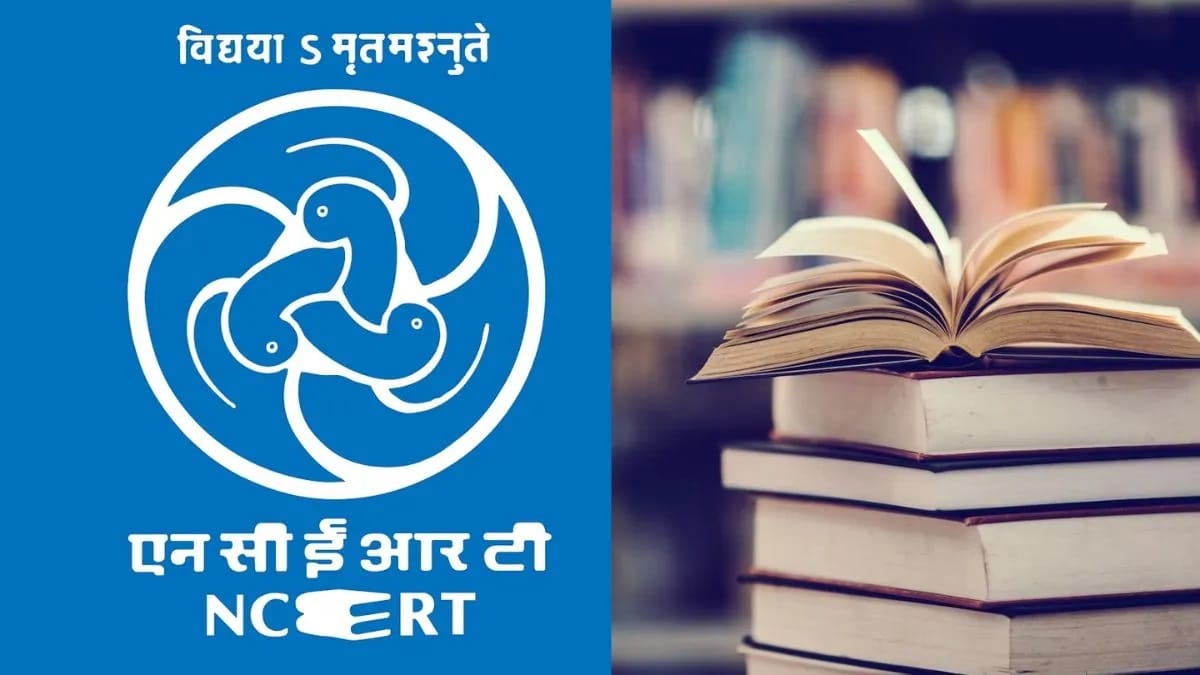Awake, arise and educate
Savitribai Phule
Smash traditions-liberate!
We’ll come together and learn
Policy-righteousness-religion,
Slumber not but blow the trumpet
O Brahman, dare not you upset.
Give a war cry, rise fast
Rise, to learn and act.
To understand her revolutionary literature, it is pertinent we trace Savitri Jyotirao Phule’s works back to against the backdrop of 19thcentury Maharashtra. Savitribai’s contribution to literature and culture was no less than her seminal role in social activism against oppressive caste structures and for the emancipation of women through education.
Her literary contribution changed the outlook and approach of feminist literature. She was an anti-caste activist who raised issues pertaining to caste and gender through her writings and speeches, as well as through direct intervention. She was probably among the first published modern, radical Marathi poets and writers in modern India, and was able to develop her own voice and agency at a time when women of all classes were ruthlessly suppressed and lived a sub-human existence.
Also read: Video: Savitribai Phule – The Pioneer Of Indian Women’s Education
Savitribai strongly criticised and openly challenged brahminical hegemony and the hierarchal oppressive social structures. She questioned and critically examined social evils such as caste, class and gender. During Savitribai’s time, brahminical exploitation was its peak in Pune and the surrounding areas. The rule of Peshwas was on the decline but a large section of society was ruthlessly oppressed in the name of religion, caste, class and gender. Savitribai not only witnessed this state of affairs from the outside but also as a survivor. She worked tirelessly to change the picture of humiliation and injustice.
Savitribai was an ardent advocate of modern education and the English language. “Learn English to annihilate caste,” she exhorted in most of her poems. Through her poems, written in Marathi, she advocated values such as humanism, liberty, equality, brotherhood, rationalism and the importance of education among others.
It is believed that cultural change leads to social changes. Savitribai used education as a cultural tool and strongly believed that education is only the path which liberates the people who are enslaved by the structure. Campaigning for social justice, ‘Awake, arise and educate, smash traditions – liberate’ was a common refrain used in her poems, emphasising on the negative roles traditions and caste equations played in oppression. She was an ardent advocate of modern education and the English language. “Learn English to annihilate caste,” she exhorted in most of her poems. Through her poems, written in Marathi, she advocated values such as humanism, liberty, equality, brotherhood, rationalism and the importance of education among others. In her poem titled, “Go, Get Education” she wrote:
“Be self-reliant, be industrious
Work, gather wisdom and riches,
All gets lost without knowledge
We become animal without wisdom,
Sit idle no more, go, get education
End misery of the oppressed and forsaken,
You’ve got a golden chance to learn
So learn and break the chains of caste.
Throw away the Brahman’s scriptures fast.”
The year 1854 was important as Savitribai published her very first collection of poems, called “Kabya Phule” (Poetry’s Blossoms), at the age of 23. All this happened at a time when women were neither seen nor heard in public, much less published! She published “Bavan Kashi Subodh Ratnakar” (The Ocean of Pure Gems), another collection of what has come to be highly regarded in the world of Marathi poetry, in 1891.
The Phules had developed a devastating critique of the Brahman interpretation of Marathi history in the ancient and medieval periods. They portrayed the Peshwa rulers, later overthrown by the British, as decadent and oppressive, and Savitribai reiterates those themes in her biography.)
Apart from these two collections, Matushri Savitribai Phlenchi Bhashane va Gaani (Savitribai Phule’s speeches and songs), and letters written to Mahatma Phule were also published. Four of Jyotiba’s speeches on Indian history were edited for publication by Savitribai. A few of her own speeches were also published in 1892. Savitribai’s correspondence is also remarkable because they give us an insight into her own life and into the life and lived experiences of women of the time. She castigates the exploitation inherent in the system. Her language is direct, sharp and unsparing, whether it raises the caste or gender question. For the sake of convenience, the article analyses selected verses from Savitribai’s poems which mirror her understanding of the social realities of her time. She castigates the exploitation inherent in the system through her language, which is direct, sharp and unsparing whether it raises the caste or gender question.
So Says Manu
The social customs created thus are based on discrimination
This policy of the shrewd and devious is oh so inhuman!
Should they be called Humans?
The woman from dawn to dusk doth labour
The man lives off her toil, the freeloader
Even birds and beasts labour together
Should these idlers still be called humans?
Savitri seems to have modern sensibilities even by today’s standards. She comes through as a person who questions tradition, superstition and blind faith and pleads for all humans to live in harmony with each other and with nature. Her poetry reflected the spirit of assertion and significance of education.
Mother English (1)
Cast away the yoke of custom
Prise open the doors of tradition
Pledge
A smooth round rock with a coat of oil and saffron
And lo, behold it becomes one of the Gods of the pantheon
Buffaloes and what not, such terrifying Gods
Yet people believe them to be their Lord …
If rocks can answer prayers and grant them children
What’s the need for marriage between men and women?
Man and Nature
Let’s beautify human existence and make progress
Live and let live, get rid of all our fears and stress
Human beings and all of creation are but two sides of a coin
To preserve these priceless bounties let us our hands join.
Savitribai had a romantic and sensuous streak that broke away from centuries of conditioning and socialisation and found bold expression through her poetry. Witness the wild passion that pours forth from her in the following poems.
The Golden Champa
As Madan, his beloved Rati entices
So does the Champa stir the poet’s senses
Gratifies the gaze, satiates the senses
Pleases the connoisseur and then perishes
The Jaee Flower
Pure white, exuding intoxicating fragrance
Enraptures me with her exquisite radiance
Her sweet smile and demure gaze
Send my mind into a daze …
Savitribai is one of the first contemporary South-Asian feminists in a true sense, at a time when the English-speaking, upper-caste anti-colonials only campaigned for a particular form of education for a selective section of women.
Many of Savitribai’s verses were found in the pages of Gulamgiri (1873) authored by Jyotiba Phule.
Meaning of the word ‘Shudra’
The word “shudra” in truth, connoted a native
But the powerful victors made “shudra” an invective
The ultimate victors, over the Iranis and the Brahmins
Over the Brahmins and the British; the most radical were the natives
Wealthy were they, the original inhabitants
They were known by the name of “Indians”
Such heroic people were our ancestors, you see
And the descendants of such people are we.
A Hymn for King ‘Bali’
The kingdom of “Bali” was ruled by the holy demon-king
Bali was magnanimous, his subjects happy and never wanting
All were content in his kingdom; the three worlds sang his praises
In his self-existent lawful kingdom there were scientific discourses
Holy sacrificial fires were always burning; alms in gold were given aplenty
With bejewelled crowns adorning their heads, the royal couple presided over the charity
His wife, Vindhyawali, was by his side on every occasion
Let’s think of the ruling couple and sing their praises in unison
O holy, virtuous soul, King Bali
People sing your praises daily
The Malady of the Outcasts
For two thousand years have outcasts suffered this malady
Of bonded labour; driven by the landlords into slavery …
Farming Is Divine
They who toil in the fields are the outcasts
They produce the food on which feast the upper castes…
The Dependence of the Shudras
The outcasts and untouchables, hounded by ignorance
Gods, religion, rites and rituals, drained by their indigence…
So Says Manu
Those who work in the fields and wield the plough
They are obtuse, says Manu
For the Brahmins it has been ordained indeed!
Says the Manusmriti, “Don’t toil in the field“
The Phule couple shared a very beautiful and loving bond. They had mutual love, respect, loyalty, and commitment to each other and their common lifework that is the great aesthetics about them. Savitribai was Jyotirao Phule’s first and most important ally in the fulfilment of his vision and mission. She was actively supported and constantly encouraged in this endeavour by her husband and mentor Jyotiba. The relationship between the two, who were pioneers in women’s education in India, was marked by deep and shared concerns as they provided strength to each other.
Theirs was an unusual relationship for their times. Above all, they were equals in the relationship. Notice how she refers to her husband by name. This was truly revolutionary for her time.

Path to Domestic Bliss
Jyotiba fills my life with joy
As nectar does a flower
I am blessed with a man renowned
My happiness knows no bounds…
Salutations to Jyotiba
I salute Jyotiba from the very depths of my being
He gives us the nectar of knowledge and hope, a new way of living
The great Joti calls out to the weak, the untouchable, the outcast
Gives us the gift of knowledge and resurrects us from our past…
Also read: Towards A Dalit Feminist Standpoint – The Emancipatory Project For All Women
When large sections of 19th century Maharashtra society were ranged against Jyotiba Phule’s reconstructive radicalism, it was the unfailing and shared vision and dedication of Savitribai that was emotionally sustaining. One of the letters that Savitribai wrote to Jyotiba is produced below for reference:
29 August 1868
Naigaon, Peta Khandala
Satara
The embodiment of Truth, My Lord Jotiba,
Savitribai salutes you!
I received your letter. We are fine here. I will come by the fifth of next month. Do not worry on this count. Meanwhile a strange thing happened here. The story goes like this. One Ganesh, a Brahman, would go around villages, performing religious rites and telling people their fortunes. This was his bread and butter. Ganesh and a teenage girl named Sharja, who is from the Mahar (untouchable) community, fell in love. She was six months pregnant when people caught them and paraded them through the village, threatening to bump them off.
I came to know about their murderous plan. I rushed to the spot and scared them away, pointing out the grave consequences of killing the lovers under the British law. They changed their mind after listening to me.
Sadubhau angrily said that the wily Brahman boy and the untouchable girl should leave the village. Both the victims agreed to this. My intervention saved the couple, who gratefully fell at my feet and started crying. Somehow I consoled and pacified them. Now I am sending both of them to you.
What else to write?
Yours,
Savitri
Indeed, “Jyotiba-Savitrimai” were a truly modern couple even by the standards of the 21st century! Savitribai Phule started the movement of education for all and in that time, her radical thoughts made revolutionary changes in the deeply-rooted casteist and patriarchal structures of our society. The mission was to educate every human being who willingly wants it and to cultivate their mind to become the truth seeker.
Savitribai Phule started the movement of education for all and in that time, her radical thoughts made revolutionary changes in the deeply-rooted casteist and patriarchal structures of our society. The mission was to educate every human being who willingly wants it and to cultivate their mind to become the truth seeker.
The fearless ‘Savitribai’ and her revolutionary actions made her radical, thinker. She is one of India’s first modern feminists, a radical revolutionary woman. Savitribai was a major figure of her time. She was a revolutionary leader in her own right. Despite tremendous obstacles, she rose to become a inspiring and capable teacher, leader, thinker and writer.
References
- M.G. Mali, Krantijyoti Savitribai Jyotirao Phule, Asha Prakashan, Gargoti, 1980.
- M.G. Mali, Savitribai Phule- Samagra Vangamaya, Maharashtra Rajya Sahitya Mandal, Mumbai, 2006.
- Hari Narke, Dnyanjyoti Savitribai Phule, Savitri Phule Memorial Lecture, NCERT, 2010.
Also read: The Life And Times Of Dnyanjyoti Krantijyoti Savitribai Phule | #IndianWomenInHistory
Shivani Kanchan Gangadhar Waldekar is a social worker, an independent researcher, writer, Dalit activist and poet. She considers herself an anti-caste and intersectional feminist. She pursued her Master’s in Social Work in Livelihoods and Social Entrepreneurship from Tata Institute of Social Sciences, Mumbai. Her interest areas are Caste and Gender studies. Her research focuses on studying the lived experiences of Dalit women in the context of livelihoods. She can be found on Facebook, Instagram and WordPress.
Featured Image Source: Indianexpress.com





Why forget Fatima sheikh she helped savitri bhule why forgot a Muslim lady is it because of her religion!!!!